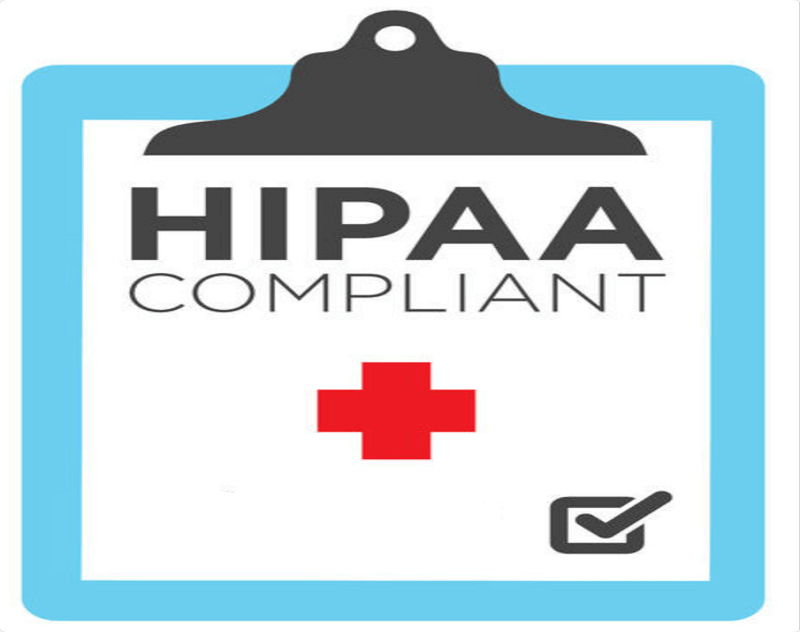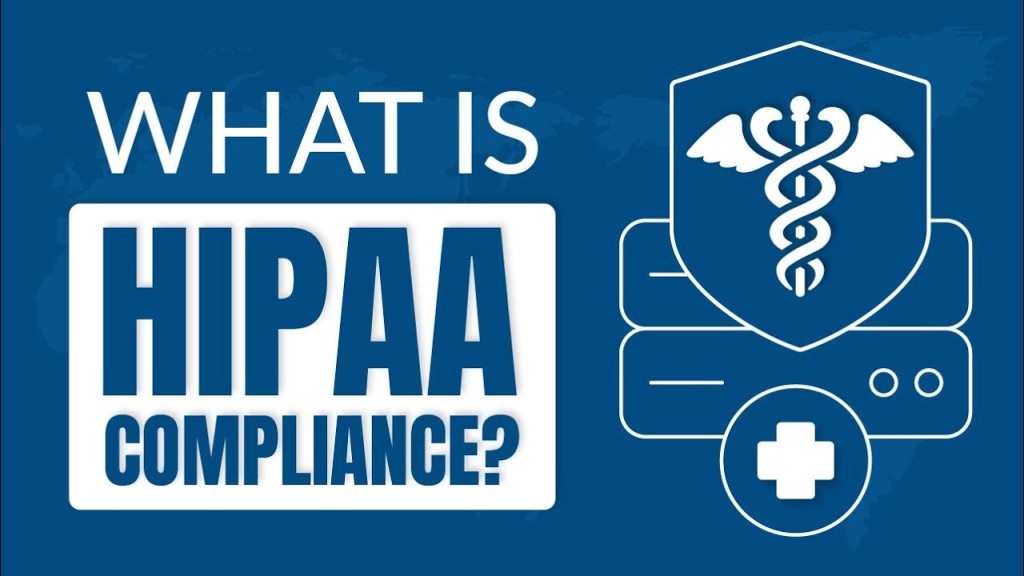The NIST compliance guidelines must be followed, and the organisation must ensure that it continues to do so. This frequently entails making modifications when the company’s vulnerabilities change and the cyber security environment changes.
Maintaining compliance like Hipaa compliance contributes to the protection of both the data and the individuals whose existences the data reflects and impacts. If a hacker gains access to a government data repository, more people than just those working for that organisation would be affected.

The Federal Management of Information Security Act (FISMA), a law that encourages security of information as it affects the U.S. government and NIST compliance also assist organisations in adhering to the requirements outlined in FISMA.
Why Do You Need to Follow?
The NIST standards are not made up at random. It has advantages that many different organisations may take advantage of when it relates to data security, irrespective of the specifics of their business.
Data Protection
Whether or whether the information you hold is classified, following the guidelines provided by NIST will help maintain it safer. The NIST standards are ideally suited to strengthen the data security of several organisations and individual contractors since they were developed to secure some of their most sensitive data accessible.
Data security may in certain situations require a business to safeguard its clients as well. When consumer data is compromised, the company’s reputation might quickly suffer costly damage.

Competitive Benefit
It can provide you an advantage over rivals if you comply with NIST Compliance. For many businesses, having faith in contractors and subcontractors to secure data is crucial. If you can promise both controlled undifferentiated information (CUI) protection as well as NIST compliance while your rival cannot, your proposal will probably win out if you are bidding for the same contract. Both having high security requirements and being a compliant company might be desirable to potential customers.
Conclusion
In conclusion, these are a few facts explaining why should you comply to NIST compliance. Now that you know the need, you must remain compliant and protect your organization.



